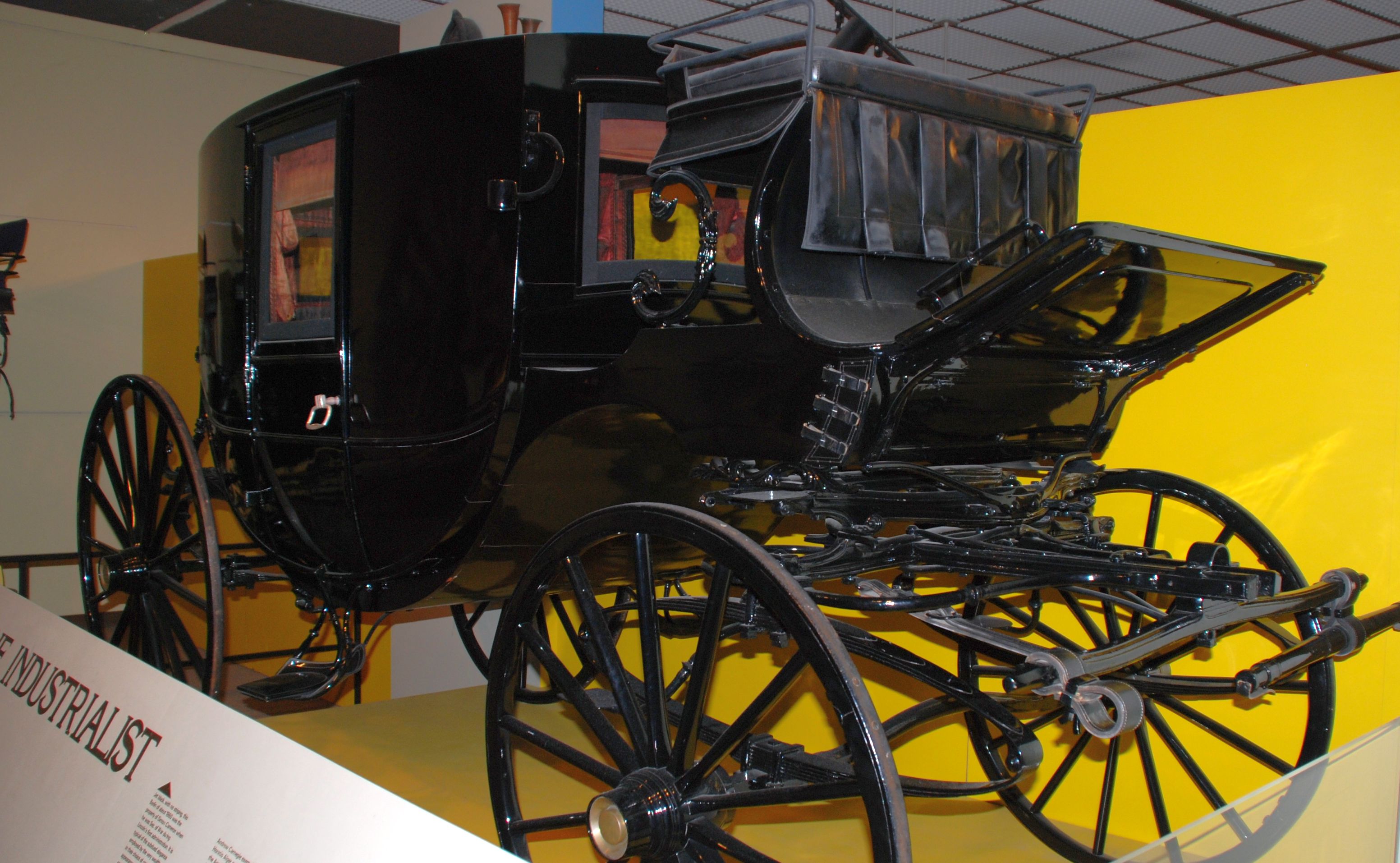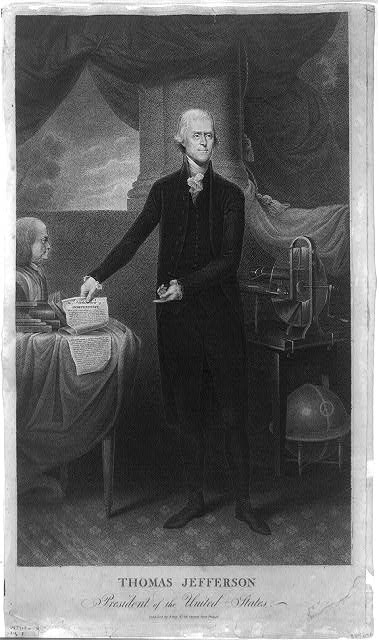On September 8, 1898, Secretary of War Russell A. Alger formally petitioned President William McKinley for an investigation into the War Department's conduct of the war with Spain. For months Alger had been the target of a crescendo of criticism and verbal abuse arising out of the confusion that marred the American war effort from start to finish. The range of criticism is suggested in Alger's request that the inquiry examine such matters as mobilization, supply transportation, military contracts, all expenditures, orders emanating from the War Department--in short, everything connected with the army during the brief conflict except grand strategy and tactics.
December 2019
There were instances of misconduct in Abraham Lincoln's administration, especially in the War Department and the army. And there were scandals, too, though none was ever linked to the president himself or to any member of his official family except for Simon Cameron, the first Secretary of War.


Richard M. Nixon ran for the White House in 1968 as someone long familiar to American voters as the Republican Congressman from California who attacked Alger Hiss as an agent of the Soviet Union, as the Senator who won office by claiming his opponent, Helen Gahagan Douglas, was “pink down to her underwear,” and as the dour vice president to the smiling Dwight D. Eisenhower (as well as a losing candidate for the presidency and the California governorship.) He ran as a “new Nixon,” a man who had matured out of his old roles of Red-baiter and attack dog, a once-fierce Cold Warrior who now promised “an honorable end to the war in Vietnam.”
The Whig Party came to power in 1841 behind William Henry Harrison, but Harrison died one month after assuming office. He was succeeded by Vice President John Tyler of Virginia, who thereby became not only the first man to attain the office under those circumstances but also the nominal head of the Whig Party. He quickly broke with the party, however, by vetoing the heart of its economic program. In September, 1841, all but one member of his cabinet resigned in unison, and a congressional Whig caucus read him out of the party.


A survey of the administration of Thomas Jefferson, and indeed of the entire Virginia triumvirate, including Madison and Monroe, shows them to have been relatively free of proved instances of executive misconduct. Only one verified instance of corruption — that of James Wilkinson — mars the record, and its occurrence was not conclusively demonstrated until the twentieth century.
